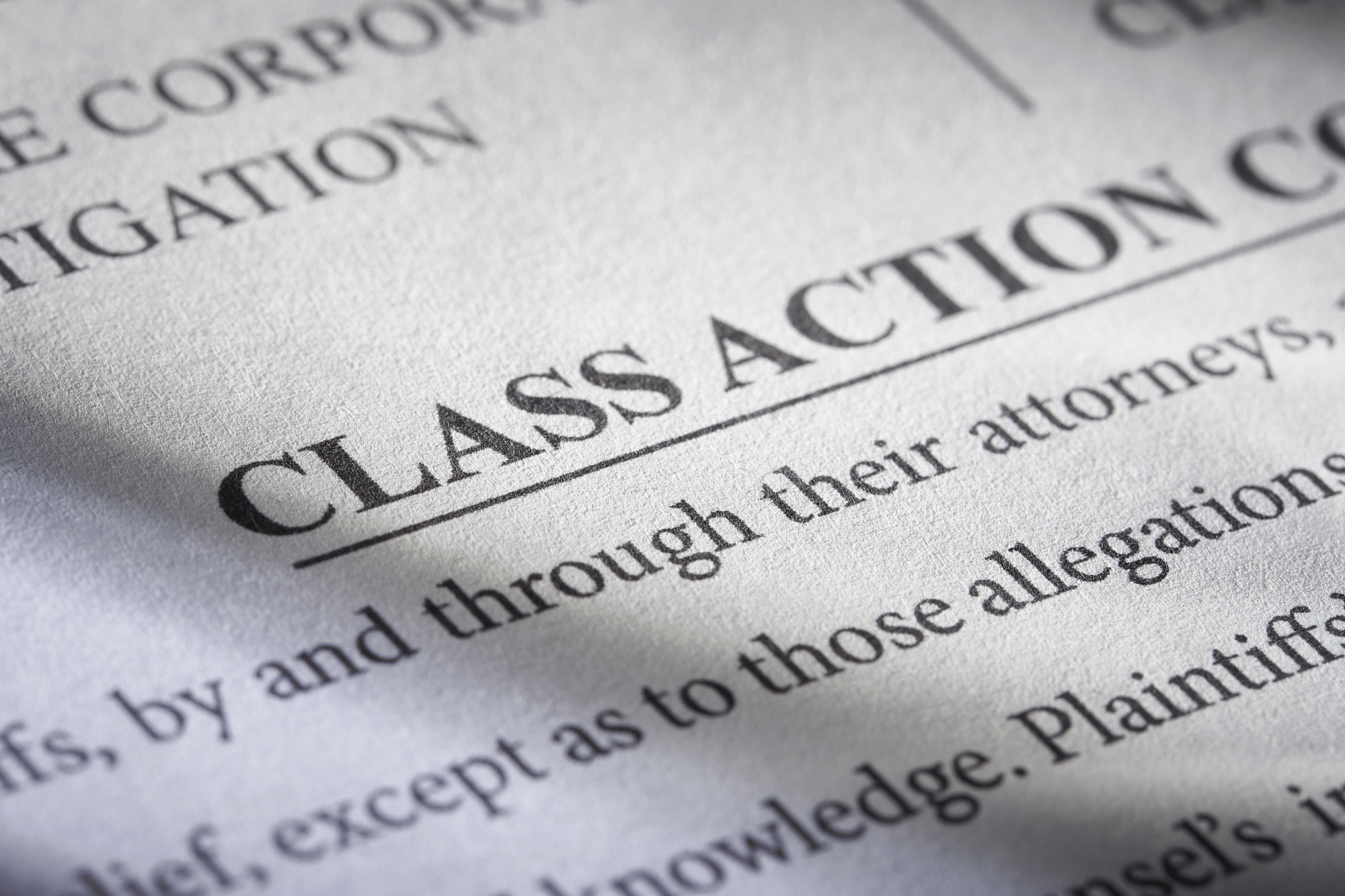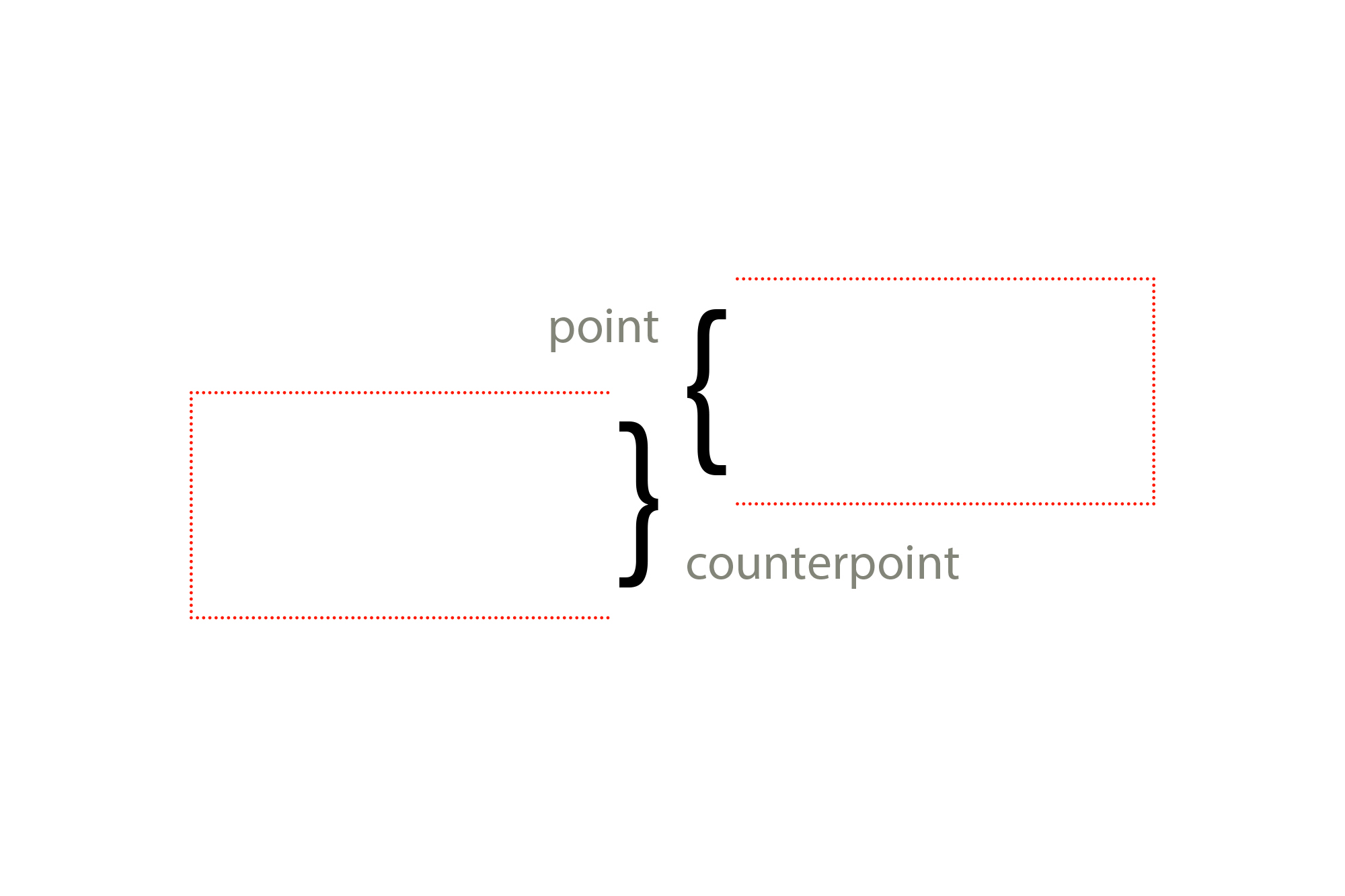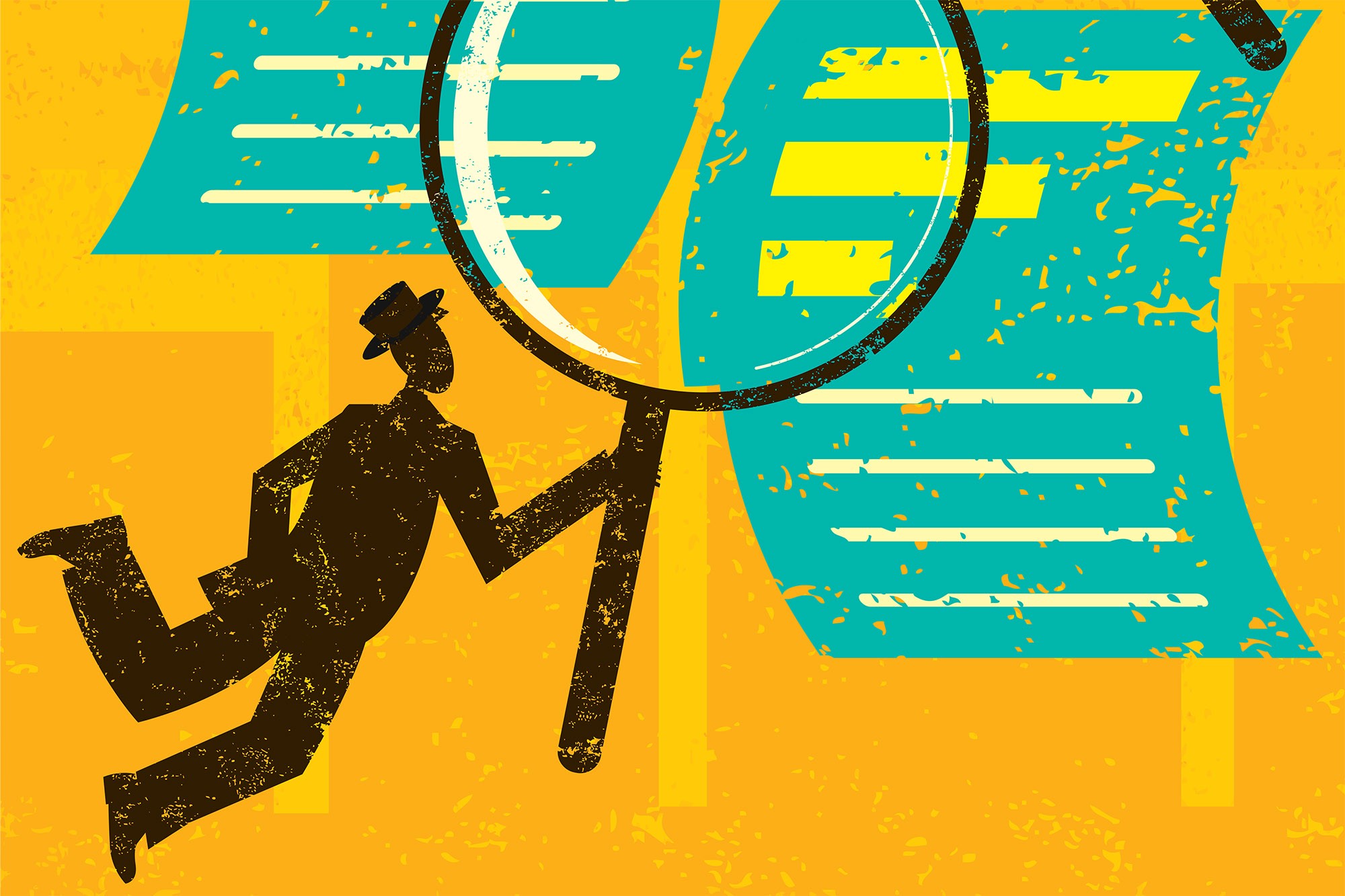Point/Counterpoint
 Court Administration, Federal Courts
Court Administration, Federal Courts
The Docket Debate
by Stephen Vladeck and Trevor N. McFadden
Vol. 108 No. 1 (2024) | Harnessing AI for JusticeEmergency appeals to the Supreme Court are on the rise, giving way to more and more cases in which the Court skips the processes that help explain its work. Is […]
 Technology
Technology
AI in the Courts: How Worried Should We Be?
by Paul W. Grimm, Cary Coglianese and Maura R. Grossman
Vol. 107 No. 3 (2024) | JustitiaScholars and technologists see both benefits and dangers for AI in the courts. One thing they agree on: AI is here to stay. As we enter 2024, it’s tough not […]
 Law & Culture
Law & Culture
Originalism Is Dead. Long Live Originalism.
by William H. Pryor and Conor Casey
Vol. 107 No. 2 (2023) | Generative AI in the CourtsCan common good constitutionalism replace originalism? Has originalism run its course? Yes, says Harvard Law Professor Adrian Vermeule in Common Good Constitutionalism (Polity Press, 2022), which advocates for the book’s titular theory […]
 Technology
Technology
You Are Being Scanned
by David Hoffman, Jolynn Childers Dellinger and Connor Leydecker
Vol. 106 No. 3 (2023) | Forging New TrailsIt’s 1890. Responding in part to the invention of “instantaneous” photography, Samuel Warren and Louis Brandeis write The Right to Privacy, urging legal recognition of “the right to be let alone,” which […]
 Civil Law
Civil Law
Claims-Made Class-Action Settlements
by Elizabeth Cabraser and Andrew Pincus
Vol. 99 No. 3 (2015) | Fixing DiscoveryMany of us have received notice, by mail or by newspaper, of a class-action settlement on behalf of consumers who may unwittingly be claimants in a suit asserting that a […]
 Civil Law, State Courts, Federal Courts, Criminal Law
Civil Law, State Courts, Federal Courts, Criminal Law
Jurors Asking Questions
by David R. Herndon and N. Randy Smith
Vol. 100 No. 1 (2016) | 100 Years of JudicatureIn some courtrooms, the practice of allowing jurors to pose questions to witnesses is gaining traction. Questioning witnesses allows jurors to clarify information and better understand the evidence and arguments […]
 Judging, Law & Culture
Judging, Law & Culture
Criticizing the Court: How opinionated should opinions be?
by Orin Kerr and Michael C. Dorf
Vol. 105 No. 3 (2021) | Leaving AfghanistanThe Supreme Court is, naturally, supreme. And in the vast majority of cases, lower courts dutifully enforce the law handed down by the Court without criticism or conversation. Sometimes, however, […]
 Civil Law, Federal Courts
Civil Law, Federal Courts
Point-Counterpoint: Rethinking Mandatory Disclosure
by Michael Lynn and Andrew Hurwitz
Vol. 100 No. 2 (2016) | A Judge in Public LifeIn 1991, the Advisory Committee on Civil Rules published for public comment proposed amendments to FRCP 26(a)(1) that would mandate disclosure of documents and tangible things that “significantly bear on […]
 Civil Law, Law & Culture
Civil Law, Law & Culture
The Privacy-Protection Hook in the Federal Rules
by Steven S. Gensler and Lee Rosenthal
Vol. 105 No. 2 (2021) | Judicial IndependenceWith the proliferation of social media platforms and other new technologies has come a renewed legal focus on privacy. Most of that focus has centered on data collection, storage, sharing, […]
 Civil Law, Criminal Law
Civil Law, Criminal Law
The Burden of Privacy In Discovery
by Robert D. Keeling and Ray Mangum
Vol. 105 No. 2 (2021) | Judicial IndependenceWith the proliferation of social media platforms and other new technologies has come a renewed legal focus on privacy. Most of that focus has centered on data collection, storage, sharing, […]

